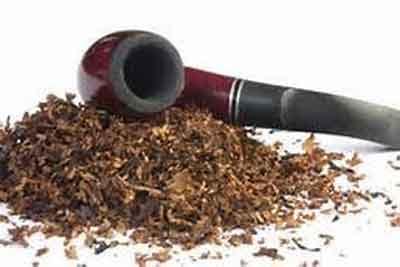- Home
- Medical news & Guidelines
- Anesthesiology
- Cardiology and CTVS
- Critical Care
- Dentistry
- Dermatology
- Diabetes and Endocrinology
- ENT
- Gastroenterology
- Medicine
- Nephrology
- Neurology
- Obstretics-Gynaecology
- Oncology
- Ophthalmology
- Orthopaedics
- Pediatrics-Neonatology
- Psychiatry
- Pulmonology
- Radiology
- Surgery
- Urology
- Laboratory Medicine
- Diet
- Nursing
- Paramedical
- Physiotherapy
- Health news
- Fact Check
- Bone Health Fact Check
- Brain Health Fact Check
- Cancer Related Fact Check
- Child Care Fact Check
- Dental and oral health fact check
- Diabetes and metabolic health fact check
- Diet and Nutrition Fact Check
- Eye and ENT Care Fact Check
- Fitness fact check
- Gut health fact check
- Heart health fact check
- Kidney health fact check
- Medical education fact check
- Men's health fact check
- Respiratory fact check
- Skin and hair care fact check
- Vaccine and Immunization fact check
- Women's health fact check
- AYUSH
- State News
- Andaman and Nicobar Islands
- Andhra Pradesh
- Arunachal Pradesh
- Assam
- Bihar
- Chandigarh
- Chattisgarh
- Dadra and Nagar Haveli
- Daman and Diu
- Delhi
- Goa
- Gujarat
- Haryana
- Himachal Pradesh
- Jammu & Kashmir
- Jharkhand
- Karnataka
- Kerala
- Ladakh
- Lakshadweep
- Madhya Pradesh
- Maharashtra
- Manipur
- Meghalaya
- Mizoram
- Nagaland
- Odisha
- Puducherry
- Punjab
- Rajasthan
- Sikkim
- Tamil Nadu
- Telangana
- Tripura
- Uttar Pradesh
- Uttrakhand
- West Bengal
- Medical Education
- Industry
Cabinet approves accession to Protocol under WHO Framework Convention on tobacco control

New Delhi: The Union Cabinet Chaired by Prime Minister Shri Narendra Modi has given approval to accede to the Protocol under World Health Organization (WHO) Framework Convention on tobacco control to eliminate illicit trade in tobacco products. It will be applicable to both smoking and chewing or smokeless tobacco (SLT) forms as negotiated and adopted under Article 15 of the World Health Organization Framework Convention on Tobacco Control (WHO FCTC). India is a party to WHO FCTC.
The protocol lays down obligations of the parties. It spells out supply chain control measures that must be adopted by the parties viz. licensing of manufacture of tobacco products and machinery for manufacturing of tobacco products, due diligence to be kept by those engaged in production, tracking and tracing regime, record keeping, security; and measures to be taken by those engaged in e-commerce, manufacturing in free-trade zones and duty free sales.
The protocol lists out offences, enforcement measures such as seizures and disposal of seized products. It calls for international cooperation in information sharing, maintaining confidentiality, training, technical assistance and cooperation in scientific and technical and technological matters.
Impact:
Elimination of illicit trade in tobacco products through strengthened regulation will help in strengthening comprehensive tobacco control, leading to reduction in tobacco use which in turn, will result in reduction in disease burden and mortality associated with tobacco use.
Accession to such treaty will provide actionable alternatives against such prevailing practices that are affecting public health at large. India, being at the forefront of tobacco control, would be able to influence the international organizations including World Custom Organization in controlling such illicit trade.
The protocol to eliminate illicit trade in tobacco products is a path breaking initiative in strengthening global action against tobacco and is also a new legal instrument in public health. It is a comprehensive tool to counter and eventually eliminate illicit trade in tobacco products and to strengthen legal dimensions for international health cooperation.
The WHO Framework Convention on Tobacco Control (WHO FCTC) is the first international public health treaty negotiated under the auspices of the WHO. The objective of FCTC is to provide a framework for supply and demand reduction measures for tobacco control at the national, regional and global levels.
One of the key tobacco supply reduction strategies contained in Article 15 of WHO FCTC envisages elimination of all forms of illicit trade and tobacco products, including smuggling, illicit manufacturing and counterfeiting. Accordingly, the said Protocol was developed and adopted by the Conference of Parties (COP) which is the governing body of FCTC. The protocol is divided into 10 parts and contains 47 Articles.
Medical Dialogues Bureau consists of a team of passionate medical/scientific writers, led by doctors and healthcare researchers. Our team efforts to bring you updated and timely news about the important happenings of the medical and healthcare sector. Our editorial team can be reached at editorial@medicaldialogues.in.


